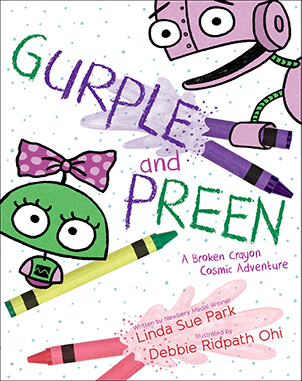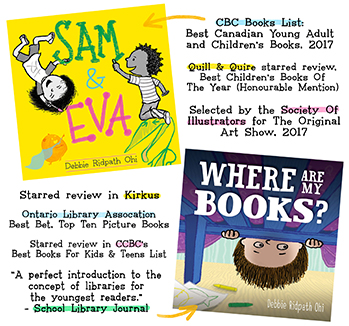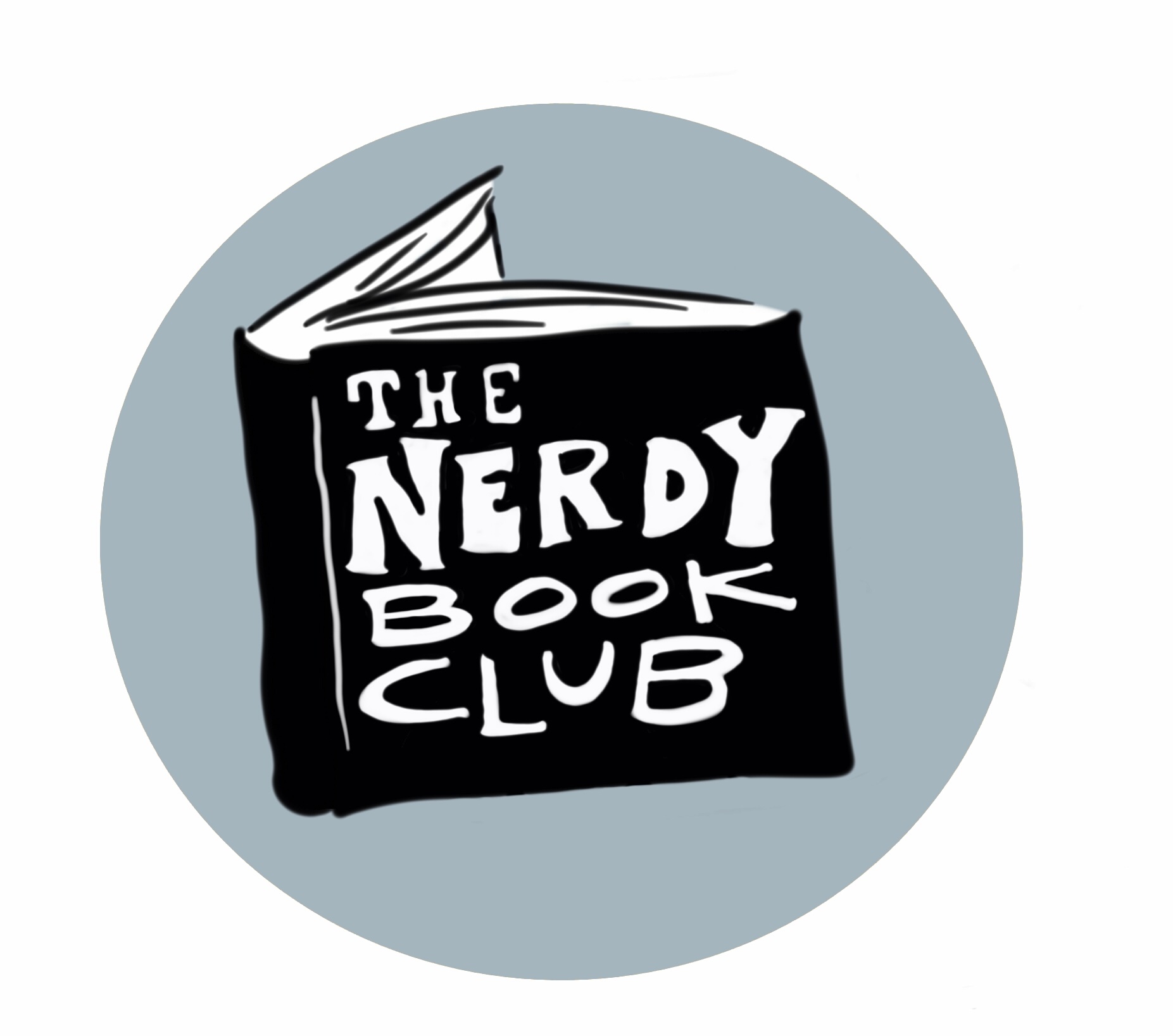Advice on finding a writing or illustration mentor
I've been gradually updating my FAQ, including answering questions I'm frequently asked about getting into the business of writing and illustrating children's books. Here's the most recent update:
Q. You've talked about having a writing and/or illustration mentor. Do you have any advice about how I can find my own mentor?
Background to my own mentorship experience:
One of my first writing mentors was Lee Wardlaw, a Santa Barbara children's book writer who was kind enough to read one of my first novel manuscripts and critique it for me. Then she worked with me on the manuscript and eventually recommended me to her agent at Curtis Brown, Ginger Knowlton. Ginger became my agent.
I will always be grateful to Lee, who agreed to read my mss after hearing about me from my father-in-law, a friend of hers.
In illustration, I entered the SCBWI Illustration Portfolio Showcase in 2010 in L.A. and won a Mentorship Program Award. That was a different type of mentorship: as part of the program, I receive 15 minute sessions with each of the six Mentors that year. I also received permission from some of the Mentors to send them occasional questions and updates after the convention.
There is no formal application for the SCBWI Illustration Mentorship Program -- everyone who enters the Illustration Portfolio Showcase at the annual SCBWI conference in LA is considered. Here is information about the 2012 SCBWI Illustration Mentorship Program.
CANSCAIP also has a Mentorship program for aspiring children's book writers and illustrators.
How to find your own mentor:
- Decide why you want a mentor. Are you looking for specific advice? Someone to recommend you to people in the industry who might help you? etc.
- Start by asking for one (possibly two) piece(s) of specific advice. That way you can see how the information is delivered, if it makes sense to you, whether your personalities are a good match, how receptive the person is to helping you. Avoid starting with a mega-long detailed e-mail that will require a lot of time and effort to answer.
- Choose a mentor you truly respect. When you approach them for advice, explain why you are asking them specifically. Flattery helps :-) but only if it's honestly given.
- I'd advise against saying you are looking for a mentor. That implies a ton of responsibility/commitment upfront and will probably make them uncomfortable. Understand that asking someone to be your mentor is like asking someone to go steady; DON'T ask unless you already have a good relationship with that person, because it puts them in an awkward position.
- Remember that it's okay to have more than one mentor.
- Don't waste their time. Don't ask them for advice that you could have easily looked up yourself online.
- Don't assume that everything your mentor suggests is right for you. You still have to think for yourself.
- If your mentor tends to always make you feel bad about yourself, get away from them!
- If someone's advice works for you, let them know. They will appreciate the thanks and will be more likely to want to help you in the future.
- Don't take it personally if someone doesn't have time to help you. Good mentors are often very busy.
A few suggestions about where to meet potential mentors:
- Small writing or illustrator groups that interact regularly in person or online.
- Local writers' or illustrators' organizations that meet regularly.
- Conferences, then keep in touch afterward.
- Writing classes.
When people ask me, "Will you be my mentor?"
I've had aspiring writers and illustrators ask if I'll be their mentor. In almost every case, the question comes from someone I have just met, or have never met. Some offer to pay.
My answer: With my own career just starting to take off (my first children's book was published in 2012) and multiple book deadlines coming up over the next few years, I lack the time to be a proper mentor. I also find that the older I get, the more curmudgeonly, and I get impatient with those who ask basic questions whose answers could be easily found online.
While I don't have time to be a formal mentor, however, I do what I can to encourage aspiring writers and illustrators, especially those whom I like. I also try to summarize things I've learned along my career path and post them online, like my Twitter Guide For Writers and Illustrators.
I no longer have one formal mentor. Instead, I learn from several, especially the people I work with. I also am learning so much from my writer and illustrator friends, and share what I can with them as well.
Don't stress if you can't find a mentor! Attend conferences and other events where you can meet others in the industry. Form meaningful relationships. Share your own experiences and what you've learned.
Related resources:
How A Writing Mentor Can Help You - by Julie Rayl
How to Find (And Keep) A Mentor In 10 Not-So-Easy Steps
You can find the above entry in my FAQ entry: How do I find a writing or illustrator mentor?













 Thursday, April 3, 2014 at 9:42 AM
Thursday, April 3, 2014 at 9:42 AM
Reader Comments (1)
Thank you for the advice, I am really struggling to market my work at the moment.